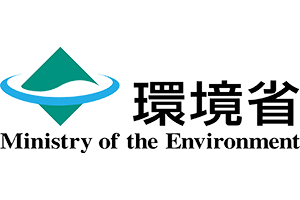Session 6. Clean air, healthy cities: Investing in green and sustainable recovery
9 September 2021, 11:00–12:30 (UTC+7)
Session co-organizers:
- Vital Strategies
- Institute for Global Environmental Strategies (IGES)
- Clean Air Asia
In many developing cities, rapid urbanization as well as rising demands for resources, energy and motorized transport contribute to serious air pollution. The data clearly demonstrates these impacts. According to the World Health Organization (WHO), 97% of cities in low- and middle- income countries have air quality levels above the recommend value for public health protection. With half of the population of Asia Pacific living in cities, many people are breathing unhealthy air. Besides health, air pollution also poses a threat to the climate, agricultural yields, water security, labor productivity and human welfare.
At the same time, cities have not sat back idly in the face of these problems. In fact, cities ranging from Kawasaki to Jakarta to Pasig have adopted innovation solutions to air pollution or climate change. Many of these solutions have potential to deliver additional benefits for health and other development priorities. These solutions may have also gain additional momentum as COVID-19 lockdowns have brought a temporary reduction in some pollution levels. At the same time, pandemic recovery packages have injected fiscal resources into urban economies that could help invest in more sustainable transport, energy and waste management systems that avoid rebounds in the long term.
The session offers cities a platform to share innovative solutions for clean air and climate action and understand how they are transforming the COVID-19 crisis into an opportunity for cleaner air, a stable climate, and healthy people in Asia’s cities.
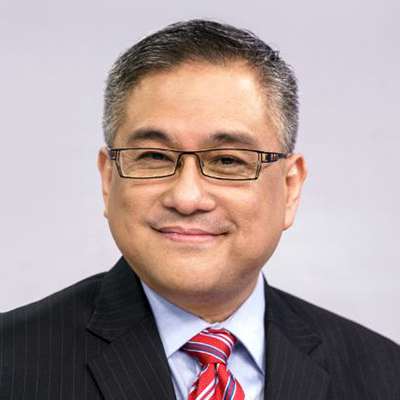
Mr. Rico Hizon
Senior Anchor and Director for Content Development, CNN Philippines
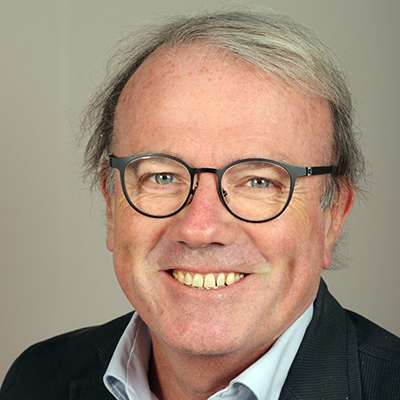
Mr. Markus Amann
Scientist, Former Program Director of the International Institute for Applied Systems Analysis, APCAP Science Panel
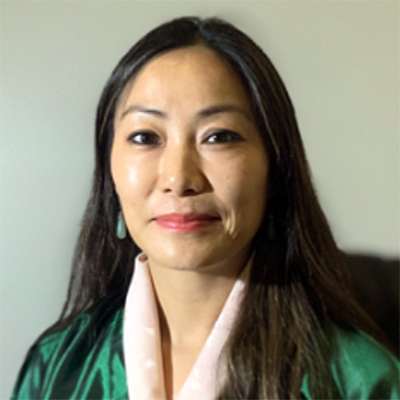
Ms. Karma Yangzom
Principal Environment Specialist, Asian Development Bank

Mr. Robert Anthony Siy
Head of the City Transport Development and Management Office, Pasig City Philippines
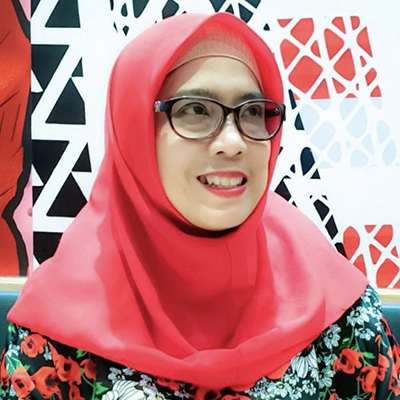
Ibu Vera Revina Sari
Acting Deputy Governor for Spatial Planning and Environment, DKI Jakarta, Indonesia
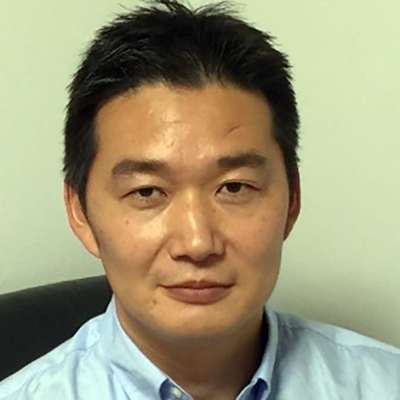
Mr. Tetsuro Yoshida
Environmental policy adviser, Kawasaki Environmental Research Institute (KERI)
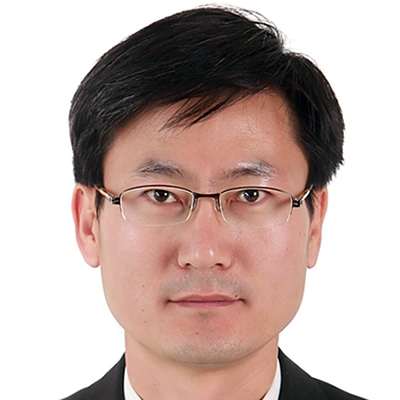
Mr. Dae-Geun Park
Director of Fine Dust Countermeasure Division, Gyeonggi Provincial Government
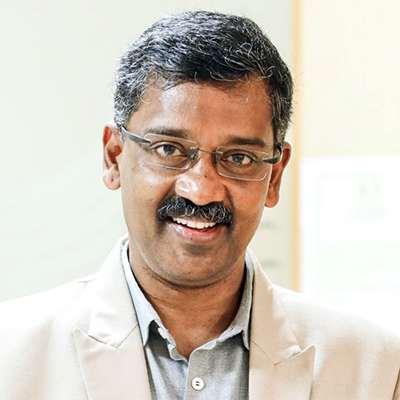
Mr. Srinivasulu
Member Secretary, Indian Forest Service (I.F.S), Karnataka State Pollution Control Board (KSPCB)
